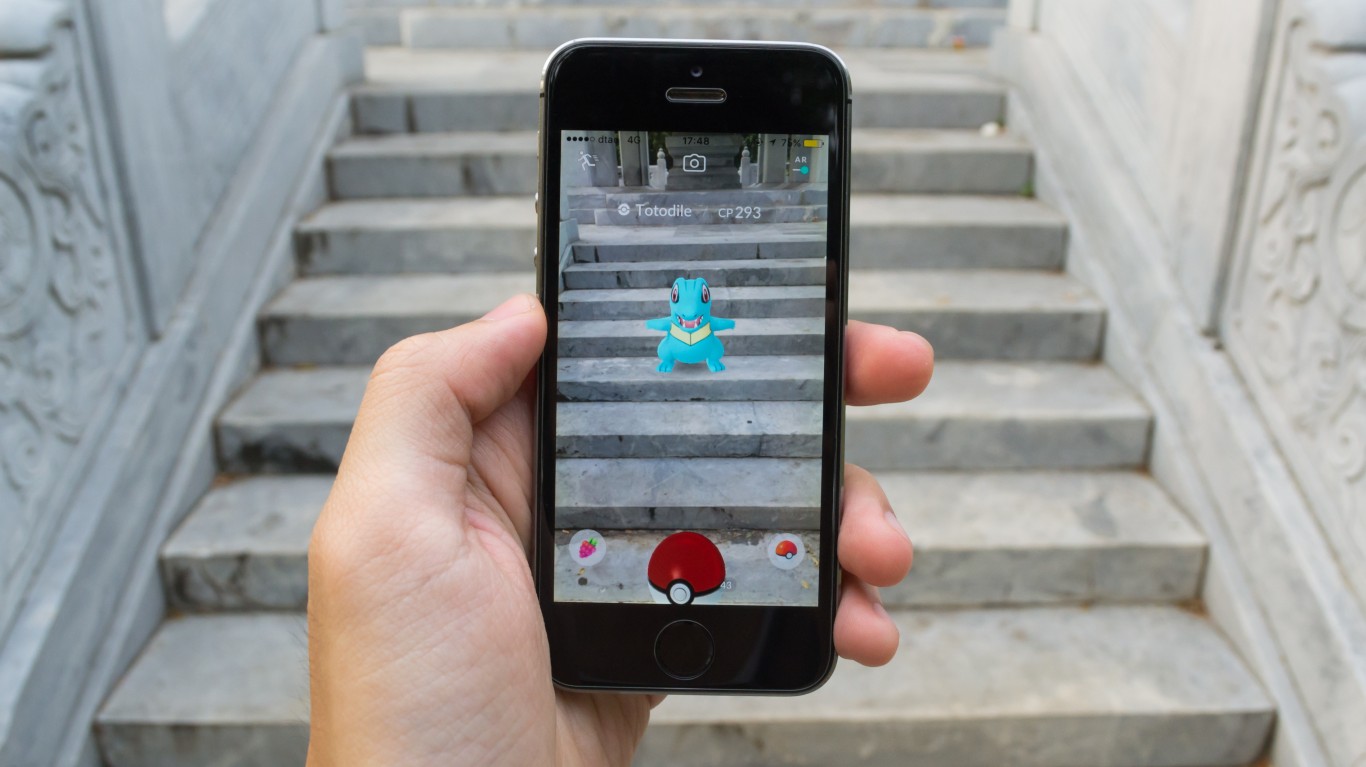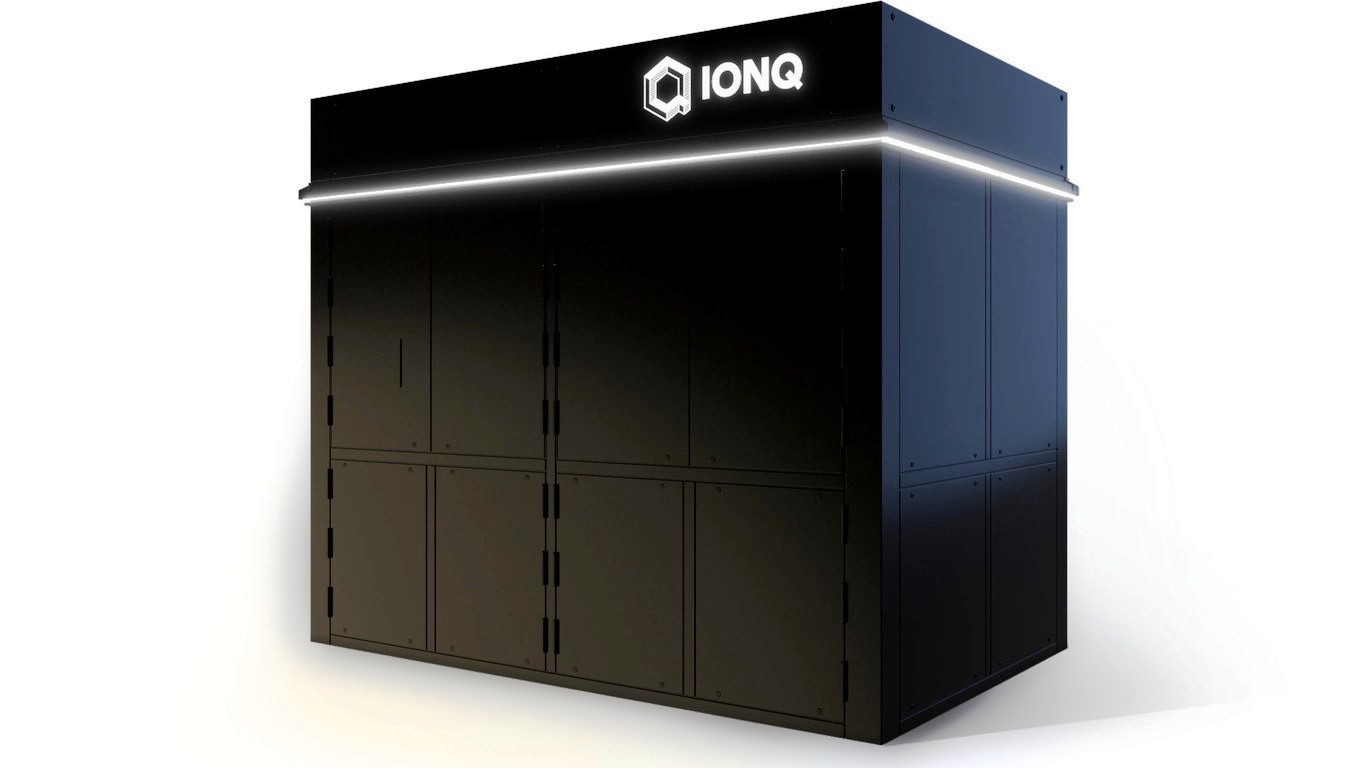
The bloodbath in the economy and the stock market has refused to let up. The news is the same as the day before, it’s just growing worse and coming from a lower and lower base. The coronavirus is spreading and will continue to get worse for quite some time, and companies are trying to figure out what to do with all their workers while the underlying business conditions continue to decay rapidly.
It turns out that even the most bullish of analysts on Wall Street have had to start dialing down earnings numbers and underlying business conditions for their favorite companies, and Apple Inc. (NASDAQ: AAPL) still happens to be one of America’s most treasured companies.
Daniel Ives of Wedbush Securities has been a raging bull on Apple, meaning he has been calling his expectations higher and higher for some time. Starting in February, at first due to Apple’s supply chain woes in China and then due to woes here, Ives had been dialing down expectations on iPhone units and revenues with the hope and expectation that a strong recovery would make up for lost sales in this current quarter.
Wednesday’s analyst upgrades and downgrades had Wedbush maintain the firm’s official Outperform rating, but Ives’s prior street-high price target of $400 was lowered to $335. His report sounds a bit demoralizing, but if you have been paying attention to the daily slaughter that the stock market has been enduring, you would probably feel exactly the same way.
The quotes from the Wedbush report capture the panic felt by those who have to be in this market day in and day out. Ives said:
In these unprecedented times that no one has ever experienced before, no one knows what the next 10 minutes are going to bring for our society let alone the coming months for Apple and tech bellwethers. With that being said, in covering tech stocks for 20 years and going through a host of shock events and market sell-offs this coronavirus tragic pandemic is a once in a century outbreak that has changed the world in a matter of weeks with no timetable on when normalcy will eventually return. As analysts covering Apple, which is such a barometer for global consumer spending and technology trends, looking forward there are clearly going to be some dark days ahead for the company which is trivial relative to challenges that every human will face over the coming months to flatten the curve and remain healthy. To this point, with Apple stores closed around the world except China likely for an extended period of time and the global economic situation deteriorating by the day, we expect this black swan event to clearly have a major negative impact on Apple’s business model for the foreseeable future.
Ives also ran some “stress test” numbers for just what things might look like ahead. The story is difficult, but it does still allow for a major upgrade cycle view when the day comes that this daily tragedy starts to play out. Ives said:
However, in this note we have attempted to stress test the model into a more “negative stress test scenario” to give investors some framework and start the valuation conversation off FY21 estimates. We are lowering our iPhone revenues by 14% in FY20 and 10% in FY21 to reflect the change in near-term consumer demand, lockdown conditions globally, and negative economic backdrop. Under this scenario we now assume only the installed base consumers currently in the window of an upgrade opportunity that have not upgraded their iPhones in more than 42 months purchase a new phone over the next 18 to 24 months. Currently we estimate that ~350 million of Apple’s 925 million iPhones worldwide are in this upgrade window, as we assume going forward in a more draconian scenario that minimal new smartphone activity takes place besides this segment of Cupertino’s massive installed base.
As for how bad the numbers can get for Apple’s iPhone, Mac, Services and AirPods numbers, the stress test there would be an economic scenario that goes through a deep recession over the next few quarters and then starts to see a rebound in growth beginning in the September quarter. That said, the stress test scenario now discounts the release of the 5G iPhone:
Our scenario now assumes the 5G iPhones do not get released this Fall due to the global lockdown-like conditions with the supply chain in Asia still on a path to normalization… Clearly, anything can happen and this stress test exercise on Apple’s model could prove to be conservative or not aggressive enough given this fluid global pandemic. The duration and the scope of this disruption cannot be predicted, however we are taking our best calculated shot at our new model.
Apple managed to recover at the end of the trading day on Wednesday, and its loss of 2.45% at $246.67 should perhaps almost feel like an up day, considering that Apple traded briefly below $138 during the selling peak earlier in the day.
Needless to say, Apple’s $331.20 prior consensus analyst target price from Refinitiv is coming down.
Thank you for reading! Have some feedback for us?
Contact the 24/7 Wall St. editorial team.





